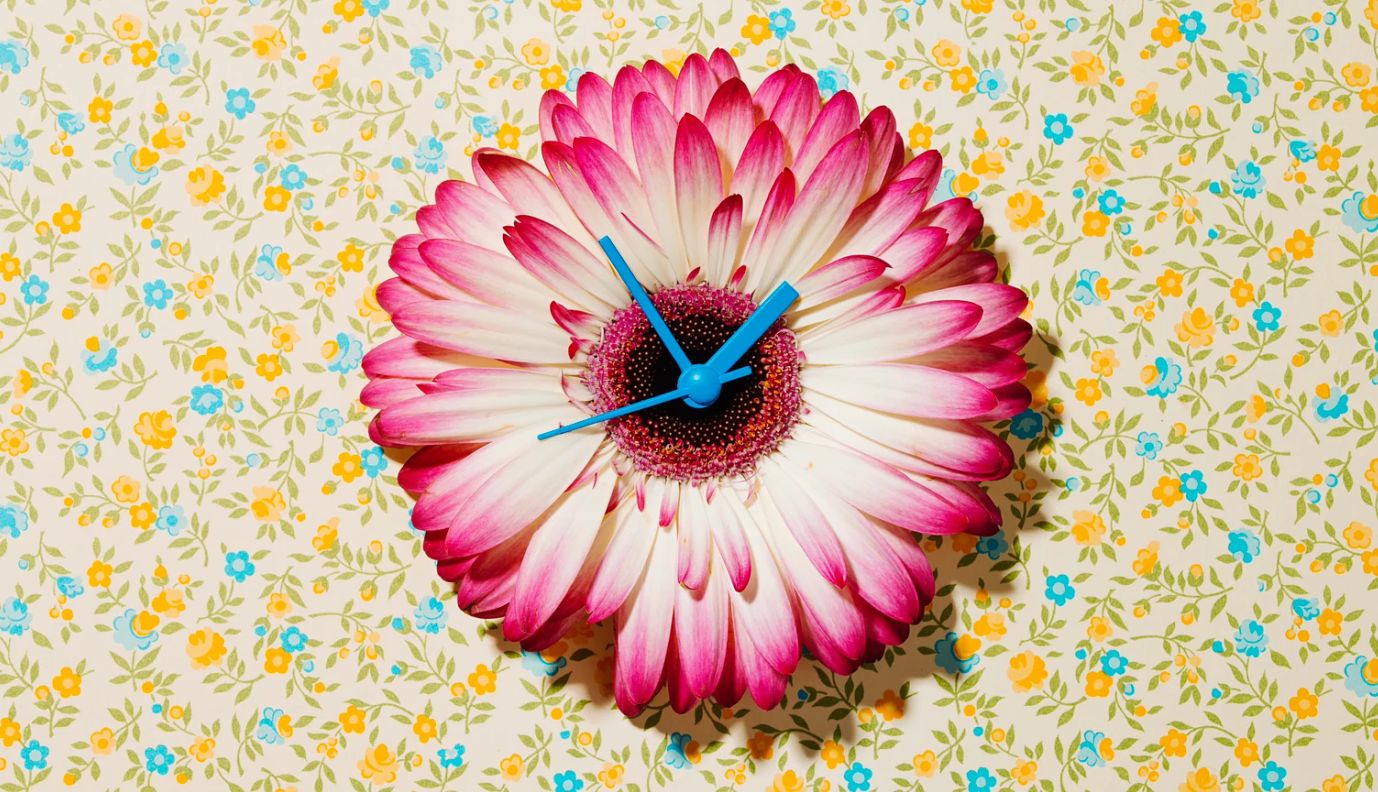AARP Hearing Center


It's just one hour, folks. But, boy, that yearly switch to daylight saving time (DST) — happening this Sunday, March 9 — can really mess with our bodies and our heads, something those already struggling with sleep issues may especially dread.
The disruption in our circadian rhythms — the wake and sleep cycles managed by our body clock and its release of hormones — goes beyond making us just feel tired the day we lose an hour of sleep.
Studies have shown that during the week after the annual spring forward, we Americans have more fatal car accidents, heart attacks and atrial fibrillations; may have an uptick in strokes; are more likely to get harsher legal sentences; and even cyber-loaf more in the office.
"Daylight saving time can affect your mood, your overall alertness, your memory and your ability to overall comprehend appropriately,” says Rachel Ziegler, a sleep-medicine physician at the Mayo Clinic Health System. “It's the most difficult to adjust to for those who are already sleep-deprived or those who already have poor sleep habits."
"But if you're an older adult without sleep issues, DST can actually lead to a sleep-and-wake cycle that better matches your “mature” circadian rhythms. “As people get older their circadian rhythms tend to advance — meaning that people go to bed early and wake up early — and springing forward tends to help those people,” says Michelle Drerup, M.D., a sleep specialist at the Cleveland Clinic.
Whatever side of the change you're on — nonplussed early bird or die-hard time-change resister — here are ways to combat the annoying, and potentially harmful, effects of DST.
1. Adjust your bedtime the week before
"I generally recommend that for a few days leading up to daylight saving time, people try to go to bed between 15 and 20 minutes earlier each day,” Ziegler says. Adds Shalini Paruthi, a board-certified sleep medicine specialist and codirector of the St. Luke's Sleep Medicine and Research Center in St. Louis: “You should also begin to adjust the timing of other daily routines that are ‘time cues’ for your body, like meals and exercise."



































































More From AARP
What Goes On in the Brain When We Dream?
Plus, when they happen during sleep and how they evolve as we age10 Medications That Can Mess With Your Sleep
Trouble sleeping? These drugs may be to blameWake Up More Refreshed With Our Smart Guide to Sleep
43 tips to help you fight those restless, endless nights and get the slumber you need